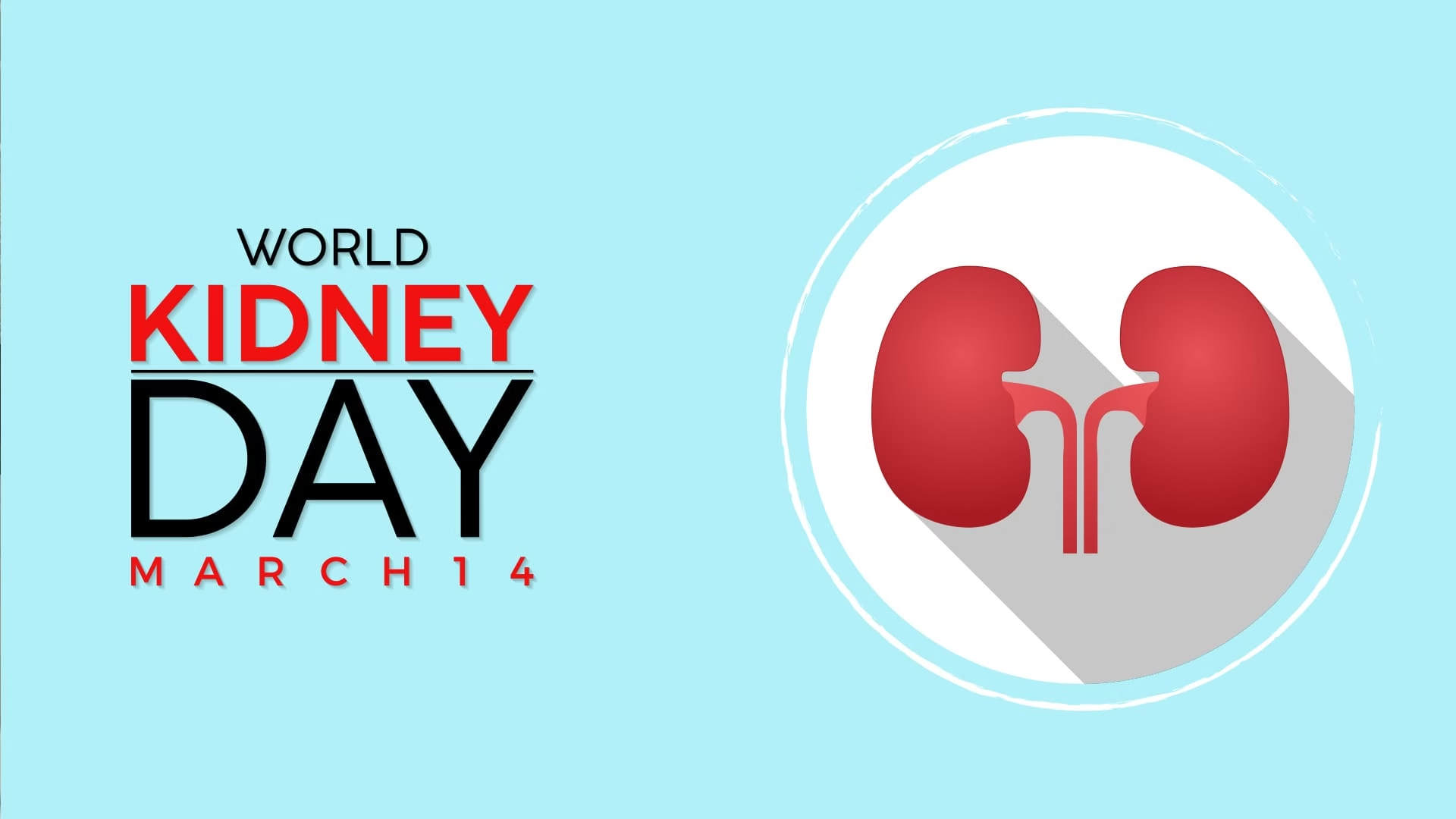In a time where health-conscious lifestyles are celebrated and social media glorifies fitness trends, a concerning reality is emerging — the pursuit of clean eating may not always lead to better health. In fact, it could be doing the opposite. According to recent findings, an obsession with eating only clean or pure foods may result in malnutrition, severe mental stress, and even eating disorders, particularly among those in image-focused industries like fashion.
What is Clean Eating and Why Can It Be Harmful?
Clean eating is often defined as the practice of consuming foods that are perceived to be healthy, natural, and unprocessed. While on the surface this sounds beneficial, the term lacks a universal definition and is largely driven by diet culture and social media narratives. When clean eating transforms from a healthy lifestyle choice into an extreme, rigid, and controlling behavior, it can evolve into a condition known as orthorexia nervosa.
Orthorexia is not officially recognized as a formal eating disorder in many diagnostic manuals, but health professionals increasingly identify it as a dangerous mental health condition. It is characterized by an unhealthy obsession with eating only foods considered “clean” or “healthy” — often leading individuals to restrict essential food groups and nutrients.
Fashion Industry Faces Orthorexia Epidemic
A recent study conducted by Semmelweis University in Hungary has shone a spotlight on the pervasiveness of orthorexia among fashion models — a group frequently under pressure to maintain slim, camera-ready bodies. The study analyzed the eating habits of 179 professional fashion models, and the results were alarming: more than one-third of the models showed symptoms associated with orthorexia.
Dr. Nicolette Bogar, a researcher at the Institute of Behavioral Sciences at Semmelweis University, emphasized that while the desire to eat healthily is commendable, taking it to the extreme can have devastating consequences. The findings indicate that 90% of the models surveyed were actively trying to eat clean, but many had crossed the line into obsessive and damaging behaviors.
Signs and Symptoms of Orthorexia
Orthorexia manifests through both physical and emotional symptoms. Some key warning signs include:
- Strict dietary rules that eliminate entire food groups like carbohydrates, fats, or cooked foods.
- Avoiding social gatherings or family meals due to fear of encountering “unhealthy” foods.
- Experiencing anxiety, guilt, or distress if dietary rules are broken.
- Physical symptoms such as hair loss, brittle nails, constant fatigue, and overall weakness, which are often the result of nutrient deficiencies.
Experts warn that individuals who limit themselves to eating only fish, raw vegetables, or carbohydrate-free foods risk falling into severe malnutrition, similar to what is seen in traditional eating disorders like anorexia nervosa.
Mental Health Implications
Beyond physical health, the psychological toll of orthorexia can be equally damaging. The constant mental preoccupation with food purity, body image, and health perfectionism can result in chronic stress, social isolation, and depression. The condition creates a distorted relationship with food — where self-worth is tied to dietary perfection — making it difficult for individuals to enjoy meals, spontaneity, or cultural food experiences.
Social Media’s Role in Fueling Orthorexia
In the age of influencers, clean eating trends are frequently glamorized online. Hashtags like #EatClean, #HealthyLiving, and #DetoxDiet are often accompanied by visually appealing but nutritionally imbalanced meal photos. For impressionable audiences — particularly young women and men — this can reinforce unhealthy ideals of perfection and wellness.
Health professionals are urging caution when consuming dietary advice from non-experts online. Instead, they recommend consulting certified nutritionists or registered dietitians to develop balanced, sustainable eating plans.
How to Prevent Orthorexia
If you or someone you know shows signs of orthorexia, early intervention is crucial. Experts recommend:
- Maintaining flexibility in your diet, allowing occasional indulgences without guilt.
- Avoiding extreme dietary restrictions unless medically necessary.
- Focusing on overall health rather than food purity.
- Seeking professional help from a psychologist or dietitian specializing in eating disorders.
- Engaging in mindful eating practices that prioritize how food makes you feel rather than rigid rules.
Balance is the Key to True Health
Clean eating, when practiced with flexibility and awareness, can be part of a healthy lifestyle. However, when it becomes a source of anxiety, stress, or physical decline, it crosses into dangerous territory. As the Semmelweis University study reveals, even individuals who appear healthy on the outside — like fashion models — can be silently struggling with the psychological burdens of orthorexia.
In the pursuit of wellness, balance, variety, and moderation remain the golden principles. True health isn’t about perfection; it’s about nourishing both the body and mind.



